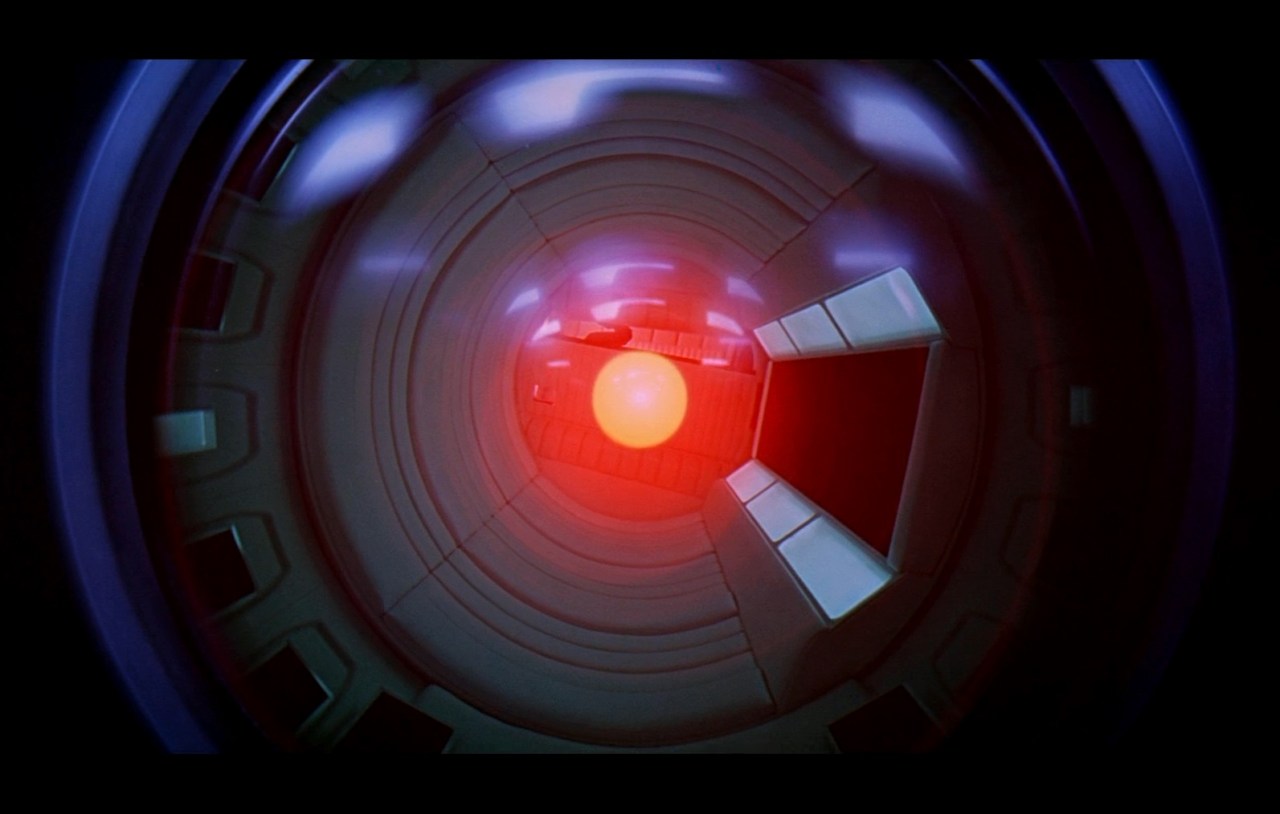As we journey deeper into the cosmos, the integration of complex artificial intelligence systems is becoming essential. Enter the Cognitive Architecture for Space Exploration, or CASE, a project that aims to bring us one step closer to managing extraterritorial habitats much like HAL 9000 did in “2001: A Space Odyssey,” but thankfully without the inherent dangers of sentient AI. Spearheaded by veteran researcher Pete Bonasso, CASE is not just another AI project; it’s a thoughtful exploration into the realms of space habitation and intelligent systems, utilizing decades of knowledge from fields as diverse as robotics and natural language processing.
The Roots of CASE
The development of CASE has deep roots in AI research, dating back to the mid-20th century. The landscape has evolved dramatically since then, fueled by advances in computing power and robotics. Researchers are now faced with the need to create an intelligent system capable of monitoring and managing conditions within a spacecraft or lunar colony, all while ensuring the safety and wellbeing of its human inhabitants. Bonasso’s work under the auspices of TRACLabs in Houston showcases how far we’ve come since the days of basic automation — a system that not only understands commands but also interprets complex situational contexts.
Understanding the Complexity of Space Habitats
- Layered Intelligence: CASE isn’t merely a direct emulation of HAL 9000; it’s a multi-layered architecture. Bonasso’s design combines several operational layers that govern everything from routine activities to high-level planning.
- Ontology Awareness: The heartbeat of CASE lies in its ontology system, which structures the objects, processes, and human roles on a spacecraft. A framework like this is critical in understanding causality and context—essential for operating in environments where the stakes are literally astronomical.
- Pragmatic Interactions: Take, for instance, your interaction with CASE; you could command, “Send the rover to the vehicle bay,” and, instead of making hasty decisions, CASE will provide intelligent feedback: “There are two rovers. Rover1 is currently occupied. Shall I send Rover2?” This kind of thoughtful dialog demonstrates the AI’s grasp of situational dynamics.
Real-World Applications and Challenges
Humanity isn’t waiting idly for CASE to be perfected. Current applications involve operating within “analogs”—simulated environments that mimic living conditions on another planet or moon. Testing in these environments provides invaluable insights that help refine the systems and interactions that CASE will govern.
However, the journey toward a fully functional AI is riddled with challenges. CASE is still in the developmental stages, with its capabilities needing to be stretched and tested. A four-hour management simulation is just the beginning, as the team seeks to assess its viability for actual habitation scenarios.
Why the Future of AI Matters
As the complexity of space missions increases, so does the necessity for a robust, intelligent AI system, one that can safely manage a diverse array of tasks and environments. The vision behind CASE goes beyond mere function; it seeks to ensure reliability and safety for human crew members in extraterrestrial habitats.
At **[fxis.ai](https://fxis.ai)**, we believe that such advancements are crucial for the future of AI, as they enable more comprehensive and effective solutions. Our team is continually exploring new methodologies to push the envelope in artificial intelligence, ensuring that our clients benefit from the latest technological innovations.
Conclusion: A Hal-less Future of Cosmic Exploration
While the allure of AI like HAL 9000 captures our imagination, the pragmatic approach taken by CASE serves as a reminder that the future of space exploration lies in wisdom, safety, and the responsible advancement of technology. By focusing on creating reliable systems, researchers like Bonasso are paving the way for successful human habitation beyond Earth.
For more insights, updates, or to collaborate on AI development projects, stay connected with **[fxis.ai](https://fxis.ai)**.

